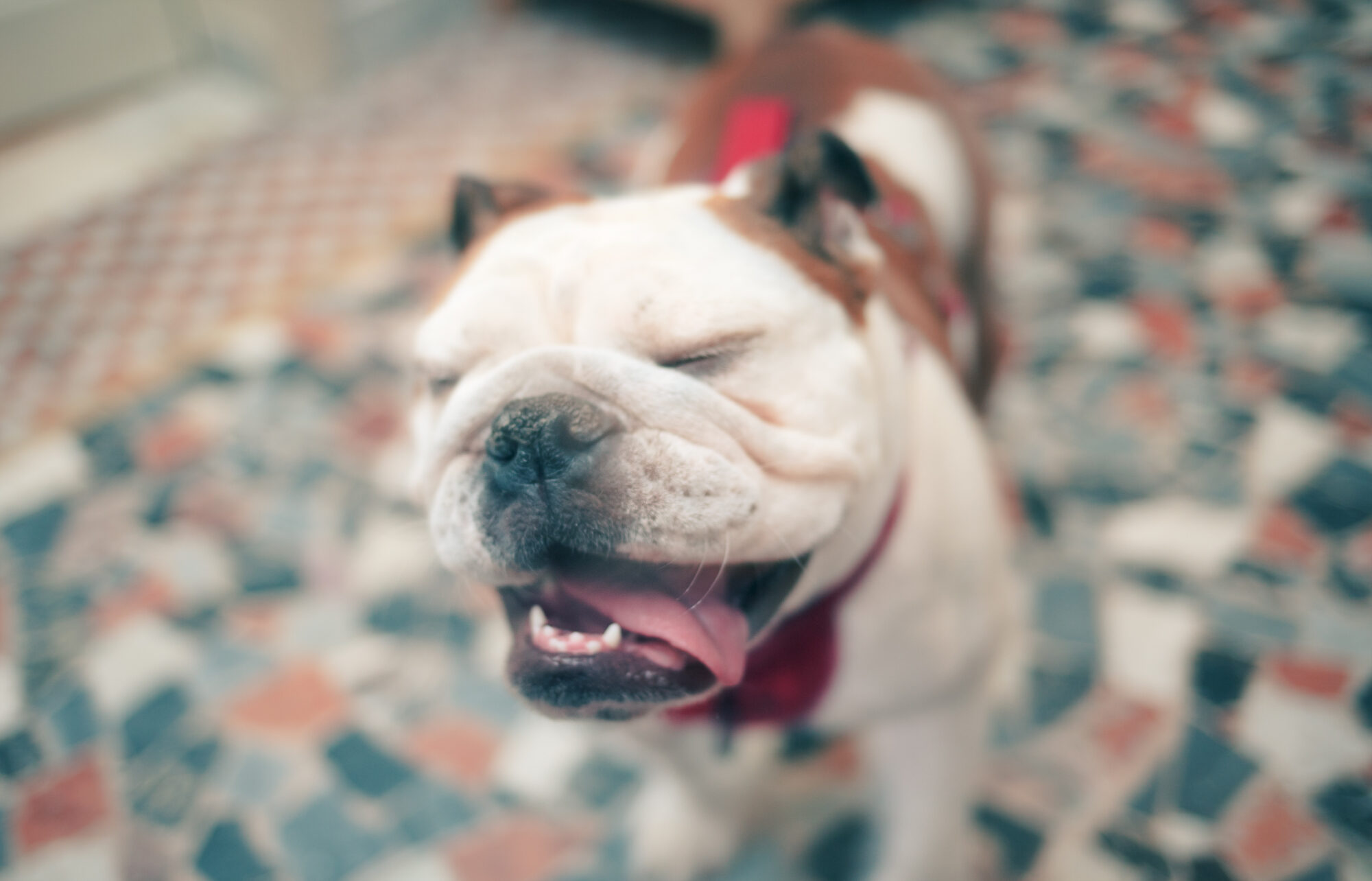The Case of the Springtime Sneezes: Is It a Cold, Allergy, or Something More?

An ah-choo from a kitty can sound pawsitively adorable, but if your cat or dog is experiencing anything more than an occasional sneeze, it’s time to investigate. Pet allergies and respiratory infections in pets can make our furry family members very uncomfortable, so in this blog, our team at All Critters Veterinary Hospital shares the signs to watch for if your cat or dog is sneezing.
Signs of Springtime Pet Allergies
When the grass starts to grow and plants start to bloom, they release more allergens into the air, and just like humans, our pets can be sensitive to this uptick in tree and grass pollen, and mold spores. And while runny noses and itchy eyes tend to be the primary symptoms in people, pet allergies typically appear as skin conditions. Here are five signs of pet allergies to watch for:
- Excessive licking, biting, and scratching
- Bald patches
- Red, irritated skin
- Ear infections
- And in some cases, watery eyes, coughing, and sneezing
Respiratory Infections in Pets
Both cats and dogs display a variety of symptoms that range from mild to severe when they have a respiratory infection. Be on the lookout for these signs that your dog/cat sneezing points to an illness:
- Coughing (a honking cough in dogs is a sign of kennel cough)
- Frequent sneezing
- Runny nose and/or eyes
- Decreased appetite
- Fatigue/listlessness
- Labored breathing
- Fever
Wiping Out Pet Sniffles
When it comes to treating pet allergies or respiratory infections in pets, the first step is to schedule a visit with your veterinarian. Diagnostics like skin cytology, bloodwork, and a thorough physical examination can help us determine if an allergy or an infection is to blame.
Treating Respiratory Infections in Pets
If your pet is diagnosed with a respiratory infection, we will recommend a combination of comfort care and medications, such as:
- Keeping your pet hydrated
- Making sure your pet gets plenty of rest
- Adding a humidifier to your pet’s favorite part of the home
- Isolating the pet if the illness is contagious
- Prescription antibiotics for bacterial infections
- Prescription cough suppressant if needed
- In severe cases, oxygen therapy and IV fluids
Alleviating the Discomfort of Pet Allergies
If we determine that your pet has seasonal allergies, we will recommend treatment and preventive steps that can include a blend of the following:
- Immunotherapy (allergy shots)
- Cytopoint injections
- Apoquel oral treatment
- Regular baths using a hypoallergenic shampoo
- Dietary changes
- Minimizing your pet’s exposure to known allergens
- Wiping off your pet after being outdoors
- Frequently washing pet bedding and/or blankets
Year-Round Care and Prevention
The best way to protect your pet’s health and well-being year-round is by staying up to date with wellness and preventive care visits and species-appropriate vaccines. Please contact us at (614) 305-2085 if your pet has the sniffles, or if it’s time for a checkup.
